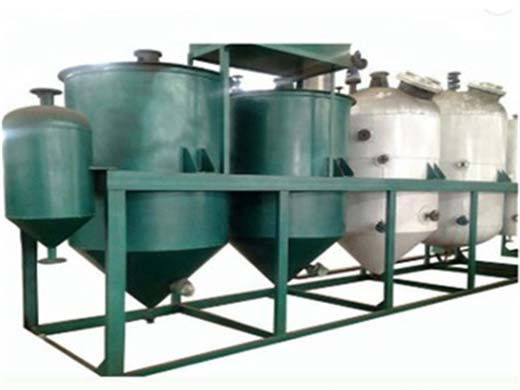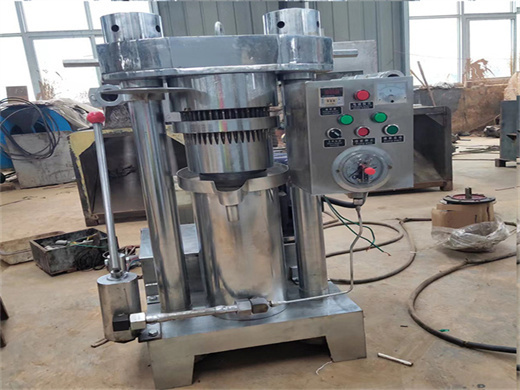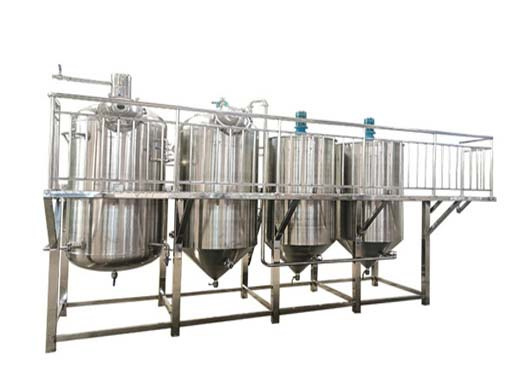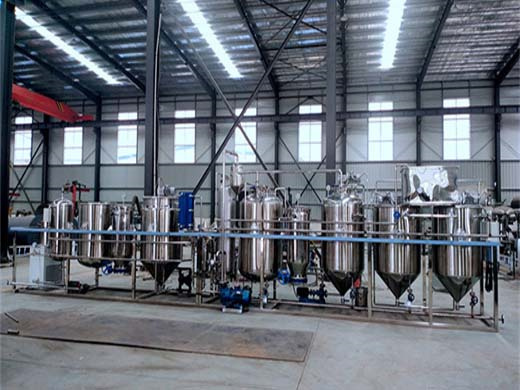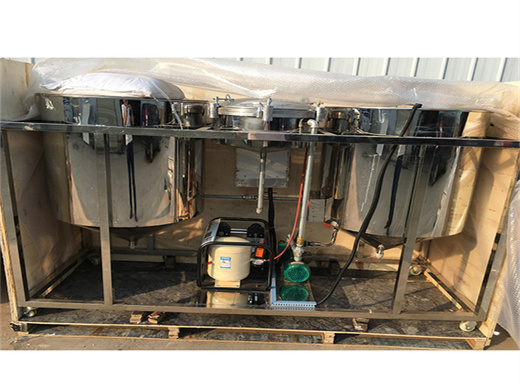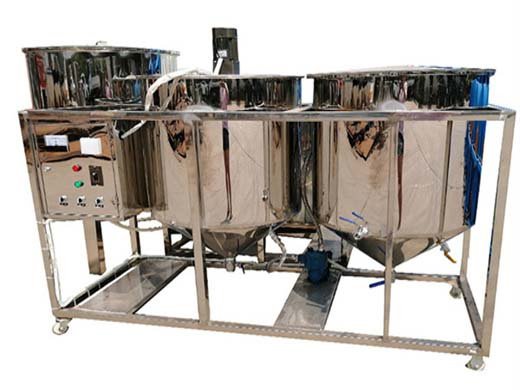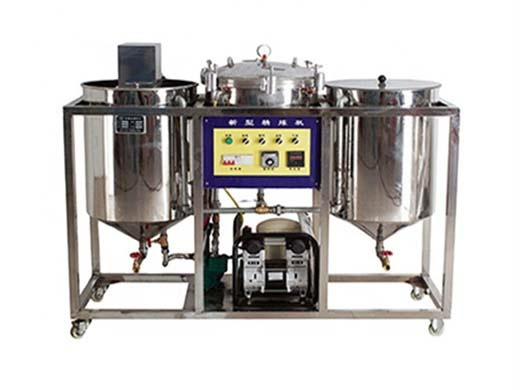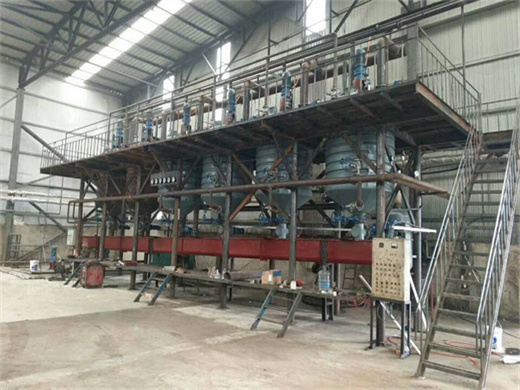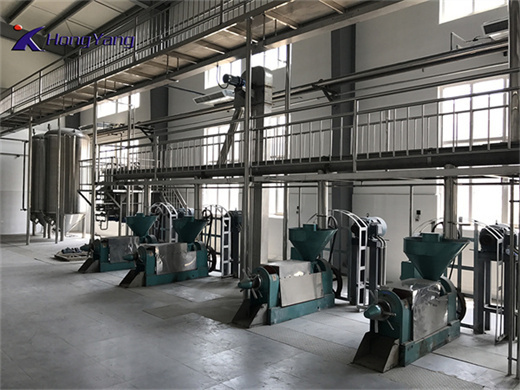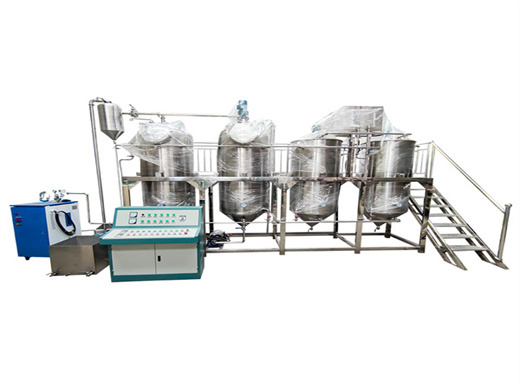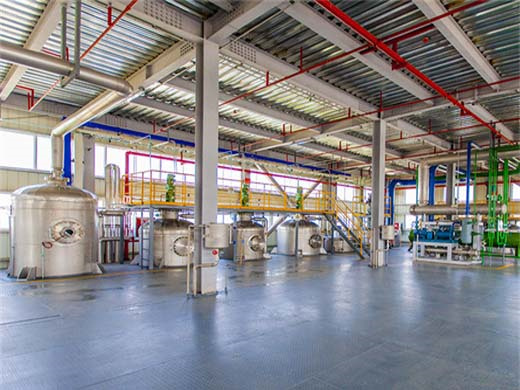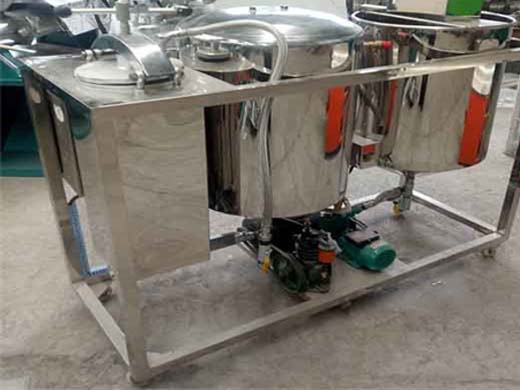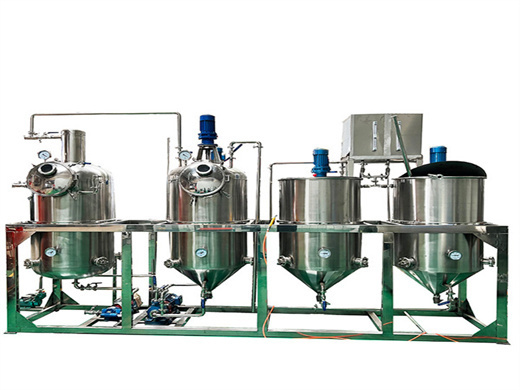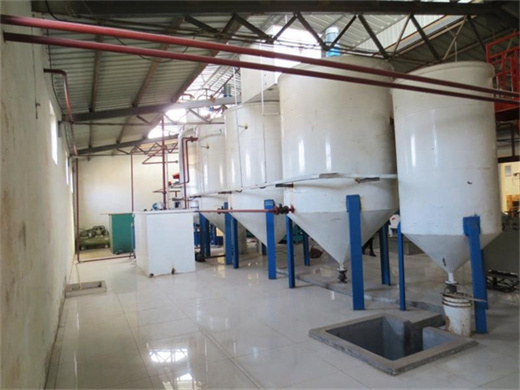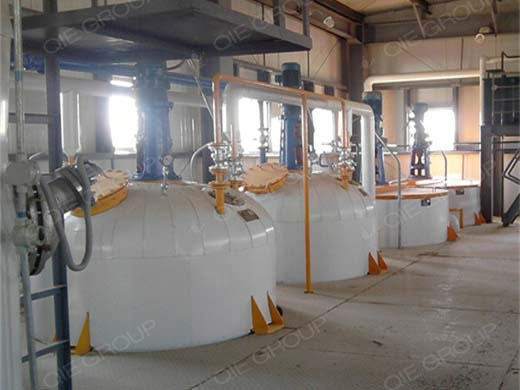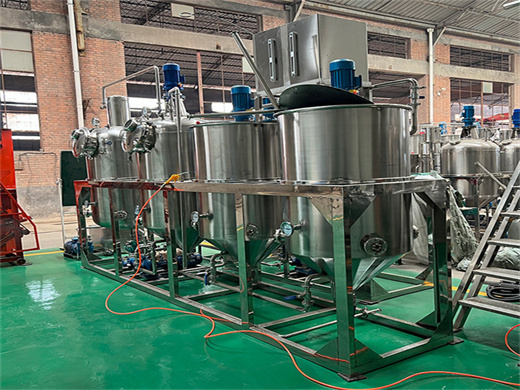Crude Oil Refinery Section
Crude Oil Refinery Section. Capacity 10-600T/D. Oilseed soybean oil, rapeseed oil, peanut oil, cottonseed oil, sunflower oil, palm oil. Application intermittent, continuous edible oil refining process for multiple vegetable oil refining. Description Oil Refining workshop main process: Decolorization, dewaxing, deacidification and deodorization. Mixed oil through oil refining plant to get the final product, edible standard or industrial standard.
Refining Nigerian crude oil locally will also mean cheap fuel for Namibians, Ariyo said. An added bonus is that Namibia will produce far more than it needs, and it could sell the surplus, he said ...
edible oil walnut oil refining production line in namibias
edible oil refinery production line in namibia – High Quality Oil Pressing Plant 1~5TPD Mini Oil Refinery Plant - BEST Screw Oil Press Machine Mini oil refining plant is a type of very small oil production line that maintains all the functions .
Bleaching is the term given to describe the adsorptive cleansing process associated with edible oil refining. This process may involve acid pretreatment, introduction of and a retention period with a bleaching agent and removal of the clay and absorbed materials.
The process of crude oil refining | EME 801: Energy
PRESENTER: For crude oil to be used effectively by modern industry, it has to be separated into its component parts and have impurities like sulfur removed. The most common method of refining crude is the process of fractional distillation. This involves heating crude oil to about 350 degrees Celsius, to turn it into a mixture of gases.
Dewaxing may be the fifth process considered for the edible oil refining. It is not a compulsory process and it is not required for every type of oil. Dewaxing is performed only for high wax containing oils such as Sunflower Oil, Rice Bran Oil, Corn Oil etc.
Deodorization Process, Oil Deodorization Process, Crude
Deodorization Process is the forth step in vegetable oil refining which commences after finishing the bleaching. Deodorization holds a big impact on the refined oil quality and is often considered as the heart of the entire edible oil refining method.
Edible Oil Technology is a very vast topic which includes the range of industrial processes that start with the seed crushing and production of oils along with the secondary stage as the processing of those oils.
oil refinery for crude oil on namibia the most popular oil
oil refinery for crude oil on namibia the most popular oil press Walvis oil refinery dream revived - The Namibian NAMIBIA and Nigeria will sign a memorandum of understanding (MoU) in mid-May for the construction of an oil refinery at Walvis Bay.
This refining process can treat almost any kind of edible oils and fats but it involves the produc-ALKALI tion of soapstocks and has a refined oil yield lower than the one physically obtainable even if of more stable quality in the time. The standard steps in this refining process are: - NEUTRALIZATION
edible oil walnut oil refining production line in namibias
namibia sunflower oil refining machine machine | oil press. edible oil refinery production line in namibia – High Quality Oil Pressing Plant 1~5TPD Mini Oil Refinery Plant – BEST Screw Oil Press Machine Mini oil refining plant is a type of very small oil production line that maintains all the functions . In edible oil, if the content of phosphatide is high,
Deodorization Process, Oil Deodorization Process, Crude
Deodorization Process is the forth step in vegetable oil refining which commences after finishing the bleaching. Deodorization holds a big impact on the refined oil quality and is often considered as the heart of the entire edible oil refining method.
The Detailed Information of Edible Oil Refining Process
Edible Oil Refining Process. The edible crude oil obtained from oil mill plants and solvent plants get refined in the vegetable oil refinery plants before it is utilized directly. The edible oil through the oil refining process gives color uniformity and appealing quality to the oil by removing unpleasant smell and undesirable factors from the oil.
crude edible oil refining, oil refineries worldwide | Oil
Sovacool revealed the mean carbon emissions over whole life cycle of nuclear energy plants to be 66 grams of carbon dioxide equivalent crude edible oil refining per kiloWatt hour (gCO2). This is very low, compared to emission ranges in coal plants (960 gCO2) and natural fuel powered plants (at 443 gCO2).
Offer Edible Oil Refinery Lines for Various Crude Oils
The whole refining equipment takes less areas, the investment cost is relatively lower, and it can refine almost all the crude edible oils. The main refining process of batch edible oil refinery plant include degumming, neutralizing, decolorizing and deodorizing. The capacity of batch edible oil refining plant is 1TPT to 30TPD.
Oil Refinery Plant|Customized Edible Oil Refining Process
Provide the Best Solution of Edible Oil Refining Referring to oil refining, the character of impurities contained in crude oil, and the purpose of refined oil must be concerned. ABC Machinery will customize the oil refinery process and solution for each of customer depending on their specific situation and needs.
30 Best small edible oil refinery plant images in 2024
Generally, there are two processes of refining edible oil, namely -Physical refining process and second one is Chemical refining process.The process of physical or chemical refining is decided on the bases free fatty acid composition in the oil.
The Detailed Information of Edible Oil Refining Process
Edible Oil Refining Process. The edible crude oil obtained from oil mill plants and solvent plants get refined in the vegetable oil refinery plants before it is utilized directly. The edible oil through the oil refining process gives color uniformity and appealing quality to the oil by removing unpleasant smell and undesirable factors from the oil.
Edible oil refining | Cavitation Technologies, Inc.
Expanding CTi’s Core Technology to Other Edible Oil Processing Steps. Building on the success of the CTi Nano Neutralization ® process, CTi is exploring opportunities for additional applications in edible oil refining, including water degumming, bleaching and deodorization. Pumping the mixture of oil and water through CTi’s hydrodynamic cavitation devices maximizes the oil-water interfacial area, promoting vigorous gum hydration and their expeditious removal from oil.
Practical Guide to Vegetable Oil Processing | ScienceDirect
Practical Guide to Vegetable Oil Processing, Second Edition, includes an up-to-date summary of the basic principles of edible oil refining, processing, and deodorizing, serving as a hands-on training manual for chemists, engineers, and managers new to the industry.
Chapter 5 : Processing and refining edible oils
After autoclaving, tissues of fish are pressed and the oil/water suspension is passed through centrifuges to separate the oil. Oil Refining. Refining produces an edible oil with characteristics that consumers desire such as bland flavour and odour, clear appearance, light colour, stability to oxidation and suitability for frying.
What is physically refining of edible oils?
Answer Wiki. Edible/vegetable oil refining is a step by step process. Refining removes phospholipids, pigments, off-flavors, free fatty acids and other impurities in the crude oil. The entire vegetable oil refinery plant process comprises degumming/neutralization, bleaching, deodorization, and winterization.
The process of crude oil refining | EME 801: Energy
The process of crude oil refining. As the temperature of the crude oil in the distillation column rises, the crude oil separates itself into different components, called “fractions.” The fractions are then captured separately. Each fraction corresponds to a different type of petroleum product, depending on the temperature at which that fraction boils off the crude oil mixture.
oil refinery for crude oil on namibia the most popular oil
oil refinery for crude oil on namibia the most popular oil press Walvis oil refinery dream revived – The Namibian NAMIBIA and Nigeria will sign a memorandum of understanding (MoU) in mid-May for the construction of an oil refinery at Walvis Bay.
Sunflower Oil Refining Process | Sunflower Oil Refinery
The bleaching of Sunflower oil is an essential part of the refining process of crude oils and fats after degumming / Neutralization. Originally the bleaching was only used to remove the color. Now a days bleaching process are used to remove coloring pigments as well as some undesirable impurities which are harmful to human consumption.
BASICS OIL REFINING
BASICS OIL REFINING Gerrit van Duijn gerritvanduijn consultancy MVO course, June 2024 1. 2 Agenda Oils and fats sources Supply chains Refining or purification Degumming & neutralisation Bleaching Deodorisation Process routes Oil modification Hydrogenation Fractionation … Crude oil Truck scale Oil seed vessel Batch scale Quality control …
Oil Refinery Plant|Customized Edible Oil Refining Process
Provide the Best Solution of Edible Oil Refining Referring to oil refining, the character of impurities contained in crude oil, and the purpose of refined oil must be concerned. ABC Machinery will customize the oil refinery process and solution for each of customer depending on their specific situation and needs.
Practical Guide to Vegetable Oil Processing | ScienceDirect
Degumming of crude vegetable oil is the very first step in the refining process. The object is to remove or reduce the levels of the phospholipids (gums) present in the crude oil. Presence of high levels of phospholipids in the refining oil is undesirable for various reasons as described in this book.
EDIBLE OILS AND FATS REFINING
This refining process can treat almost any kind of edible oils and fats but it involves the produc-ALKALI tion of soapstocks and has a refined oil yield lower than the one physically obtainable even if of more stable quality in the time. The standard steps in this refining process are: – NEUTRALIZATION
Small Edible Oil Refinery Plant
Wide Application: can process various kinds of crude oil, including all kinds of vegetable oil, seeds oil and palm oil. It is the best choice for small refinery of cooking oil and salad oil. Equipment Included in The Small Edible Oil Refinery Plant. Edible Oil Refining Process
